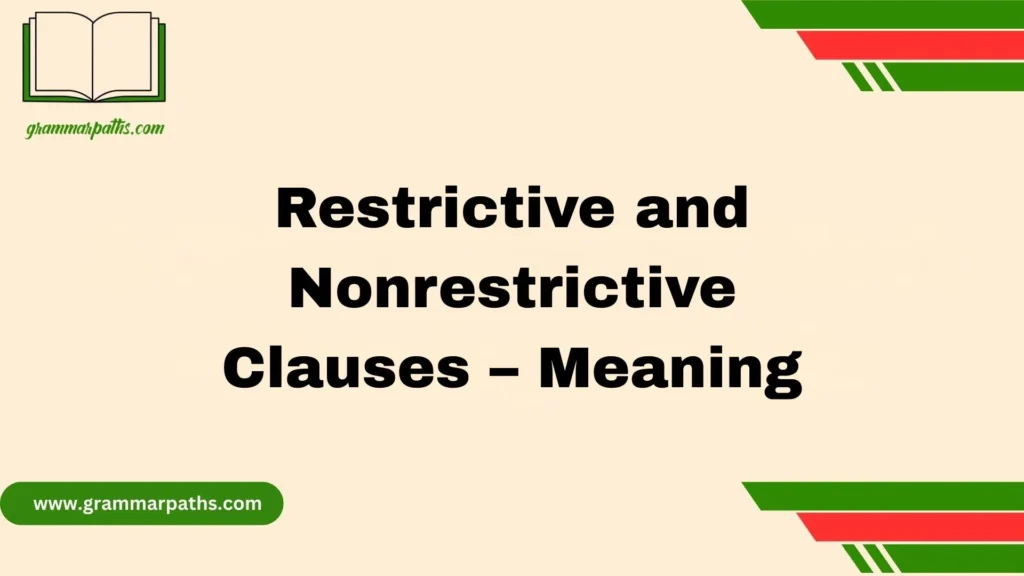When someone writes “As per your request” in an email, it often sounds outdated, almost too formal for today’s fast-moving work culture. I remember the first time I used this phrase with a client—it was grammatically correct but felt stiff in spoken or even written form. Most people now prefer synonyms or other ways to say the same thing, because they’re simply more natural and streamlined. For example, instead of “As per your request, I have attached the details for your consideration,” I now write, “Here are the details you requested,” which feels appropriate, professional, and still effective.
This article aims to explore why the original wording may seem redundant and how to remove redundancy by choosing the best way to use alternatives. Over time, I’ve found that when you say things in simpler language, not only does your communication become clearer, but it also makes the reader feel valued. The sentence structure becomes smoother, and the professional tone is still kept intact. With practice, you’ll notice the redundant wording fades, and your style shifts toward a more natural flow—something most clients and colleagues prefer.
What Does “As per Your Request” Mean?
At its core, “As per your request” simply means “according to what you asked” or “in response to your request.”
- “As per” = in accordance with or according to.
- “Your request” = the action, information, or item someone has asked for.
So, if you write, “As per your request, I’ve attached the report,” you’re basically saying, “Since you asked, I’ve attached the report.”
This phrase has roots in formal English, especially in business, legal, and official correspondence. It often shows up in contracts, legal documents, and workplace emails because it conveys formality and precision.
Why It Feels Formal
The words “as per” are a little old-fashioned. While they’re not incorrect, they give a stiffer tone compared to everyday language. That’s why some professionals debate whether the phrase is outdated or overly formal.
When and Where to Use “As per Your Request”
Appropriate Contexts
- Legal and official writing: contracts, policy documents, compliance reports.
- Professional communication: emails to clients, formal letters, executive updates.
- Academic or research settings: responses to supervisors, formal reports.
Situations Where It Feels Outdated
- Casual workplace chats.
- Informal messages between colleagues.
- Everyday speech.
Example
- ✔ Correct: “As per your request, the invoice has been updated to include additional services.”
- ✘ Incorrect: “As per your request, I got you coffee.” (too stiff for casual talk).
“As per Your Request” in Business Emails and Letters
Business professionals often use “As per your request” in written communication because it sets a formal tone. Here’s how it appears in practice:
Email Examples
- “As per your request, I’ve attached the quarterly financial summary.”
- “As per your request, the meeting has been rescheduled to Friday at 3 p.m.”
Letter Examples
- “As per your request, please find enclosed the signed agreement.”
- “As per your request, we have updated our policy to reflect the new compliance standards.”
Risks of Overuse
Overusing the phrase can make your writing sound robotic. If every email starts with “As per your request,” it loses warmth and may create distance between you and the recipient.
Formality and Tone: Is It Always Appropriate?
Tone matters in communication. The phrase “As per your request” signals formality, but that isn’t always what you need.
Tone Implications
- Respectful and professional: Works well in legal, client, or executive contexts.
- Neutral: Can be acceptable in workplace communication, but sometimes stiff.
- Overly formal: In casual emails, it can feel old-fashioned or detached.
Regional Usage Differences
- In the U.S., professionals tend to prefer simpler alternatives like “As you requested” or “Per your request.”
- In South Asia and some parts of Europe, “As per your request” is still widely used in corporate and legal communication.
Example Tone Shift
- Boss to employee: “As per your request, I’ve approved your leave.” → Respectful, but formal.
- Colleague to colleague: “As you requested, I added you to the project board.” → Warmer, less stiff.
“As per Your Request” vs. “Per Your Request”
While both phrases mean the same thing, the difference lies in tone and conciseness.
| Phrase | Tone | Usage Example |
| As per your request | More formal, slightly old-fashioned | “As per your request, enclosed is the document.” |
| Per your request | Formal, but shorter and modern | “Per your request, I’ve updated the file.” |
Which is better?
- For formal documents: As per your request.
- For professional but modern emails: Per your request.
Modern and Professional Alternatives
Using alternatives can make your writing sound polished without feeling outdated. Let’s break them down by tone:
Direct and Polite Alternatives
- “As you requested” → simple, conversational.
- “In line with your request” → neutral and professional.
- “According to your request” → formal, though less common.
Highly Formal Alternatives
- “In accordance with your request” → best for contracts and legal writing.
- “Pursuant to your request” → mainly in legal and judicial contexts.
Polished but Less Stiff Alternatives
- “As discussed”
- “As agreed”
- “As instructed”
Comparison Table
| Alternative | Formality Level | Best Use Case |
| As you requested | Low–Medium | Friendly workplace email |
| Per your request | Medium | Professional emails |
| In line with your request | Medium–High | Policy updates, official memos |
| In accordance with your request | High | Legal/contract language |
| Pursuant to your request | Very High | Judicial/official orders |
Common Mistakes and Misconceptions
- Thinking “as per” is wrong
- Some argue “as per” is redundant since “per” already means “according to.”
- While technically true, the phrase is still acceptable in professional English.
- Using it in casual settings
- Writing “As per your request, I watered your plants” sounds unnatural.
- Over-relying on it
- Professionals sometimes default to the phrase instead of writing naturally. Varied wording is better.
Real-World Examples in Context
Business Email
“As per your request, I’ve attached the revised marketing plan. Please review and share feedback.”
Legal Contract
“As per your request, Clause 7.3 has been amended to reflect the updated terms of delivery.”
Customer Service Reply
“As per your request, we have processed your refund, and the amount will reflect in your account within five business days.”
Casual Example (Not Recommended)
“As per your request, I got us coffee.” (Too stiff—better: “I grabbed coffee, just like you asked.”)
Alternatives You Should Avoid
Some alternatives try to sound formal but come across as clumsy or unclear.
- “As per instructed by yourself” → overly wordy, awkward.
- “Conforming to your request” → unnatural phrasing in business writing.
- “As per obliged” → incorrect English.
Why avoid them? Because clarity and professionalism matter more than unnecessary complexity.
Key Takeaways and Best Practices
- Use “As per your request” only in formal settings where a professional tone is essential.
- For everyday emails, switch to “As you requested” or “Per your request.”
- Match your wording to the context, audience, and tone.
- Avoid awkward or over-complicated alternatives.
Quick Decision Guide
| Situation | Best Choice |
| Legal contracts/policies | In accordance with your request |
| Professional email to client | Per your request |
| Friendly email to colleague | As you requested |
| Customer service communication | In line with your request |
Conclusion
Using “As per your request” isn’t wrong—it’s grammatically correct and still works in professional communication. However, it feels outdated, a bit too formal, and sometimes even redundant. Most people prefer shorter alternatives that sound more streamlined and natural in both spoken and written form. If you want the best way to connect with others, choose simpler synonyms like “As you requested” or “Here are the details.” These little changes remove redundancy while keeping your message appropriate and effective.
FAQs
Q1: Is “As per your request” wrong to use in an email?
No, it’s not wrong. The phrase is grammatically correct, but it can sound too stiff in modern communication.
Q2: What are better alternatives I can use?
Try saying, “As you requested,” “Here are the details,” or “Per your request.” These sound more streamlined and natural.
Q3: Why do people call the phrase outdated?
Because in everyday professional writing, the sentence feels overly formal and less conversational than simpler options.
Q4: Can I still use it in official documents?
Yes, in very formal contexts like contracts or legal articles, it’s still appropriate to use.
Q5: How can I improve my writing style overall?
Explore alternatives, try other ways to say the same thing, and always aim to remove redundancy so your writing is clear and direct.

Mia Rose is the passionate writer and founder of GrammarPaths.com, a resource dedicated to helping learners master English grammar, idioms, and writing skills with ease. With a deep love for language and years of experience in teaching and content creation, Mia simplifies complex grammar rules into clear, practical guides that readers can instantly apply.












